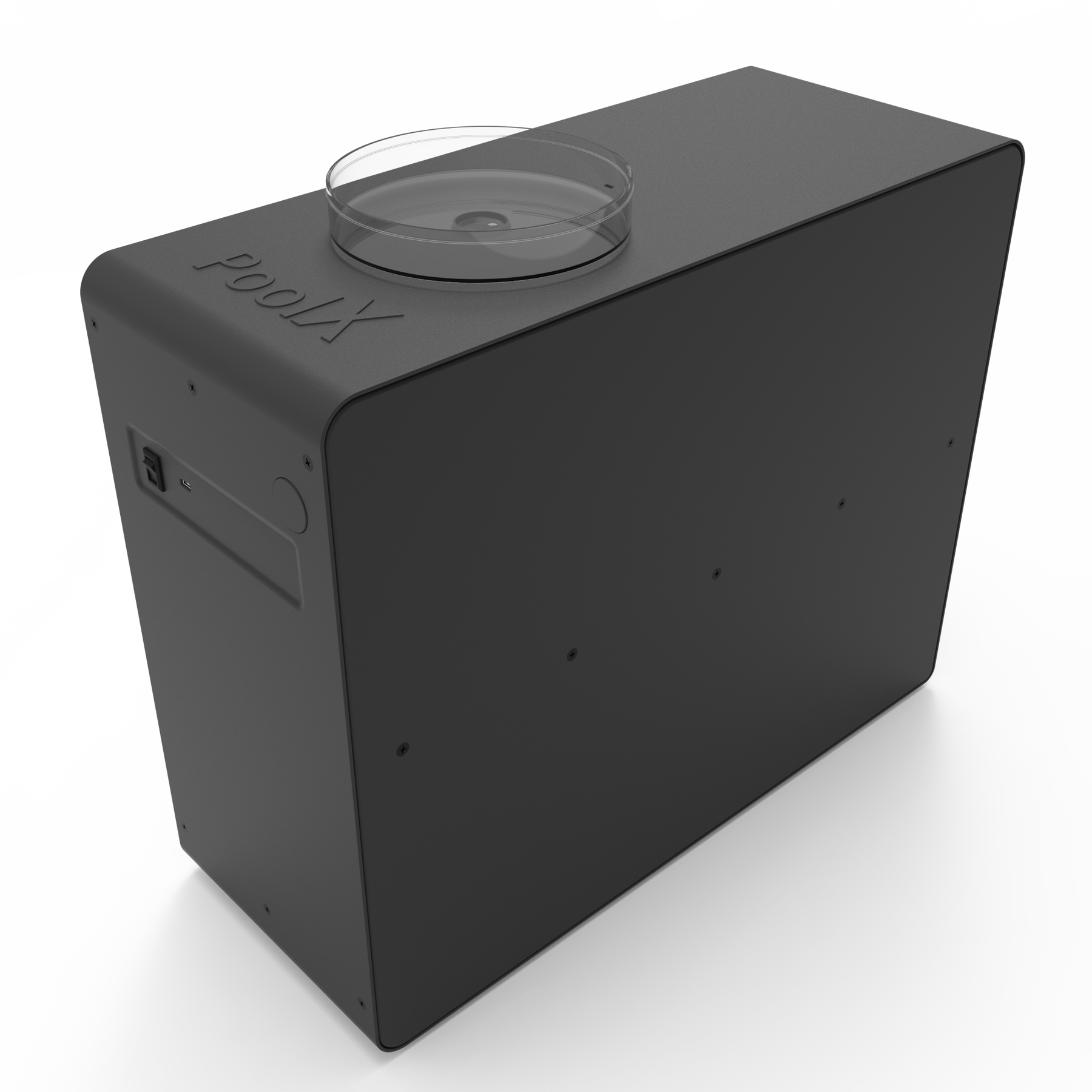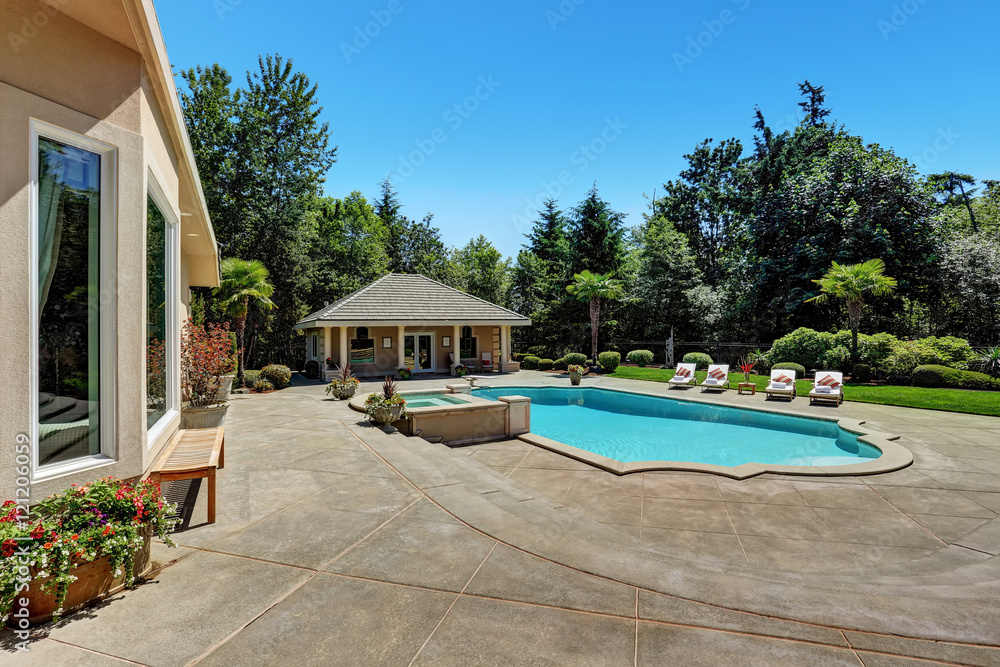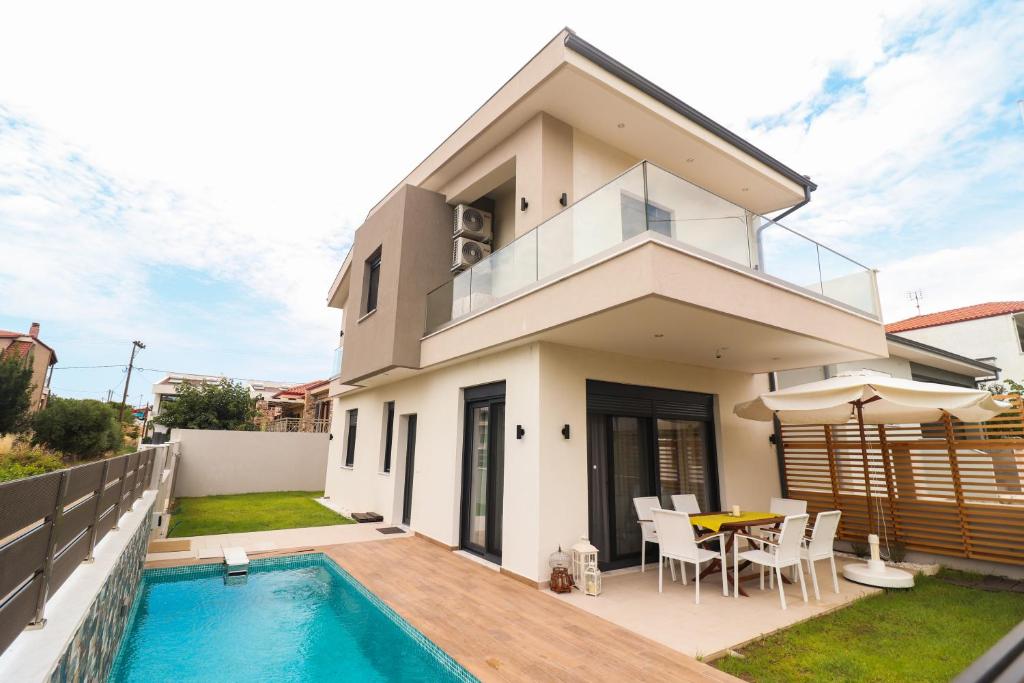
How Long Can You Expect Your Pool Pump to Last? Key Takeaways for Pool Owners
Share
For those who are passionate about technology, grasping the longevity of key equipment is essential. A common question that emerges is: what is the typical lifespan of pool pumps? The durability of your pool pump plays a pivotal role in influencing maintenance expenses and the performance of your swimming pool system. Like any mechanical device, pool pumps have a limited lifespan, usually varying between 5 to 15 years based on several influencing factors.
This article aims to explore the details that affect pool pump longevity, including the key elements that impact their lifespan, effective maintenance strategies, and signs that indicate a need for replacement. By the conclusion, you'll be equipped with valuable knowledge to optimize your pool pump's lifespan, enabling you to make educated choices for your pool.

Elements Affecting Pool Pump Lifespan
Numerous factors contribute to the operational life of pool pumps. Recognizing these aspects can empower you to make better choices regarding upkeep and replacements.
1. Pump Quality
The brand and type of pump are critical factors determining its lifespan. High-quality pumps manufactured by reputable brands generally outlast cheaper options. Spending a little more upfront on a quality pump can save you money in the long run and improve your pool system's overall efficiency.
2. Usage Frequency
The frequency of pool usage directly impacts pump longevity. Regular, responsible use can help maintain its efficiency, while overuse without proper maintenance can accelerate wear and tear.
3. Maintenance Approach
Consistent maintenance is crucial for prolonging a pool pump's life. Routine tasks like cleaning filters, inspecting for leaks, and monitoring water levels can substantially lower the chances of premature wear.
4. Water Chemistry
Keeping balanced water chemistry is essential for the longevity of your pump. Unbalanced water conditions can lead to rust and mineral deposits, which can harm the pump over time.
5. Environmental Conditions
Factors like temperature and humidity can influence a pump's lifespan. Pumps that are exposed to extreme weather conditions without protection can be at a higher risk for damage.

Average Lifespan of Pool Pumps
Pool pump life can differ significantly. It's important to understand the average lifespan for various types of pumps:
1. Single-Speed Pumps
Typically, these pumps last around 5 to 10 years. While they are popular due to their simplicity and cost-effectiveness, they tend to be less energy-efficient and may struggle under high-demand situations.
2. Two-Speed Pumps
These pumps can last between 10 and 15 years, showcasing improved energy efficiency and performance. Their dual-speed capability presents advantages for both longevity and pool care.
3. Variable Speed Pumps
Variable speed pumps commonly have a lifespan of 15 years or more. They offer significant energy savings and provide better control over pool circulation, indicating that the initial higher investment often pays off in the end.

Indicators That Your Pool Pump Requires Replacement
Recognizing when to swap out your pump can save on costly repairs and help keep your pool in optimal condition. Here are some red flags to watch for:
1. Excessive Noise
If theres a sudden increase in noise from your pump, it could point to internal issues. Sounds like grinding or screeching generally indicate that it's time for a replacement.
2. Decreased Efficiency
Higher energy bills or poor pool circulation may suggest that your pump is on its last legs. Keeping an eye on your energy consumption can reveal the pump's effectiveness.
3. Leakage
Pools of water around your pump might signal a leak. While minor leaks can occasionally be fixed, ongoing leaking usually necessitates a replacement.
4. Age of the Pump
As previously mentioned, the expected lifespan of these pumps varies. If your pump is nearing the end of its average lifespan and is showing signs of deterioration, it might be time to think about getting a new one.

Tips for Maintaining Your Pool Pump
To maximize your pump's lifespan, develop a maintenance schedule. Here are some essential tips:
1. Regular Cleaning
Ensure that both the pump and filtration system are kept clean. Frequent checks and cleaning of filters can guard against buildup that could compromise performance.
2. Monitor Pool Water Levels
Make sure to keep the water level in the pool at an appropriate height so the pump doesn't run dry. An empty pump can result in significant damage and cut its operational life short.
3. Inspect for Leaks
Regularly look over connections and hoses for any leaks or cracks. Catching small problems before they escalate can help improve pump longevity.
4. Listen for Unusual Noises
Stay alert for any odd sounds from your pump; unfamiliar noises may indicate a developing problem. If something seems off, investigate it right away.
Final Thoughts: Enhancing Your Pool Pump's Lifespan
Understanding what is the lifespan of pool pumps entails recognizing the elements that affect their longevity as well as the indicators signaling when a replacement is warranted. By establishing a solid maintenance routine and considering the right pump options, you can significantly boost the health and enjoyment of your swimming pool.
To deepen your knowledge about the impact of pools on property values, take a look at this informative piece on pool value. You can also discover more about installation costs and how to adjust alkalinity in your pool for optimal health. And if you're dealing with algae blooms, visit this link to learn about algae control.
For additional expert guidance on pool maintenance, check out this resource: How to Clean a Pool.
As an Amazon Associate, I earn from qualifying purchases.
